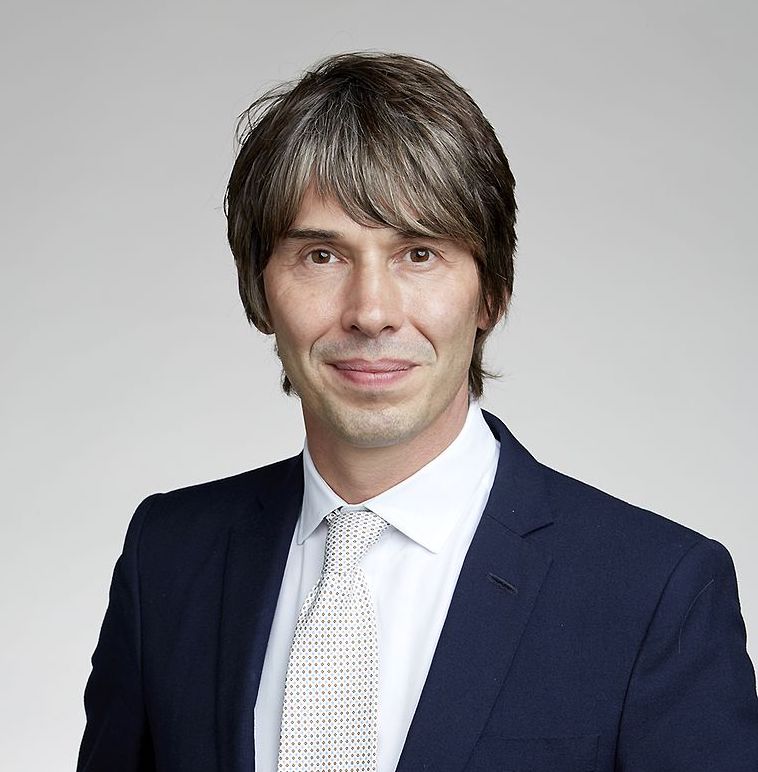 author
authorRobert P. Crease
Robert P. Crease (/kriːs/; born 22 October 1953 in Philadelphia, Pennsylvania) is a philosopher and historian of science best known for his work in performance theory and historical research on Brookhaven National Laboratory. He is currently the chairman of the Department of Philosophy at Stony Brook University. Crease is co-editor of the scholarly journal Physics in Perspective and writes a monthly "Critical Point" column for the international physics magazine Physics World.
In philosophy, his interests lie in performance theory, expertise, and trust. In the history of science, his interest focuses on the history of Brookhaven National Laboratory, one of the first three U.S. national laboratories; he is co-founder of the Laboratory History conferences, which have been held bi-annually since 1999. In 2007 he was elected a Fellow of the American Physical Society (APS) in the United States and of the Institute of Physics (IOP) in London.
He has written, co-written, translated, or edited over a dozen books. His articles have appeared in The Atlantic, The New York Times, The Wall Street Journal, and other periodicals. Crease began working on Brookhaven National Laboratory's history shortly after arriving at Stony Brook in 1987. Brookhaven, established in 1947 and the site of several Nobel-prizewinning works, was among the first three U.S. National Laboratories.
Due to its scientific ambitions and geographical location (not far from New York City), Brookhaven has generally experienced tensions and conflicts affecting U.S. science-society relations. These tensions and conflicts affect the management of science, science policy, the construction of large scientific facilities, and environmental concerns and community trust. A crease has written about Brookhaven's first quarter-century history in Making Physics: A Biography of Brookhaven National Laboratory (University of Chicago Press, 1999).
In performance theory, Crease treats performance, not as merely a praxis – an application of a skill, technique, or practice that simply produces what it does – but a poiesis, a bringing forth of a phenomenon, something with its own identity in the world, able to appear in different ways in different circumstances, but exhibiting some lawlike integrity. Works of the performing arts are clearly of this sort – but so are scientific experiments. An experiment is not something automatic but must be planned, executed, and witnessed – and its result sometimes leads the planners to have to alter an experiment so that what appears in it can be seen more clearly.
Crease treats performance as not simply a metaphor that is extended merely suggestively from the arts to the sciences but as something that happens alike in artistic and scientific activity. Treating experiments as performances in the service of inquiry, however, leads us to understand better several features of experiments, such as why they can "give us back" more information than we put into them, causing us to reshape the theories that led us to create them.
Best author’s book






















